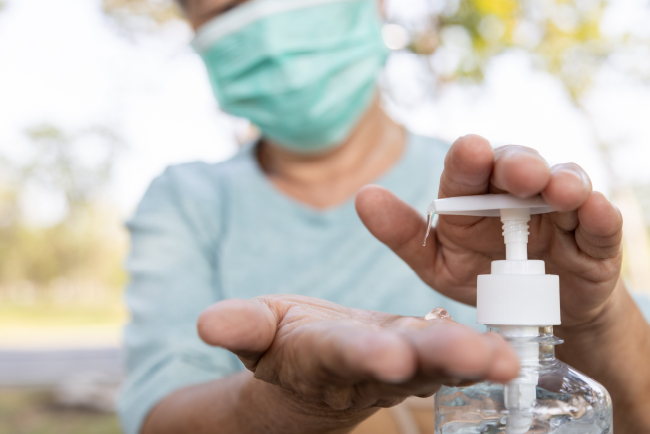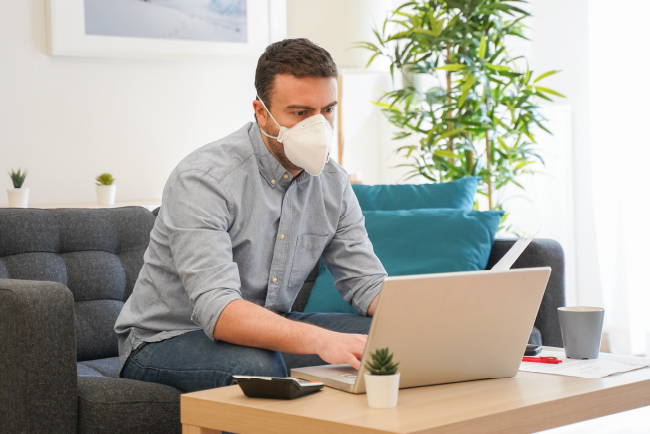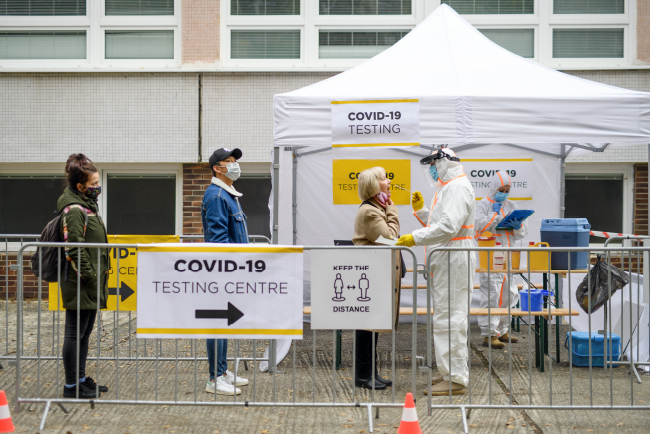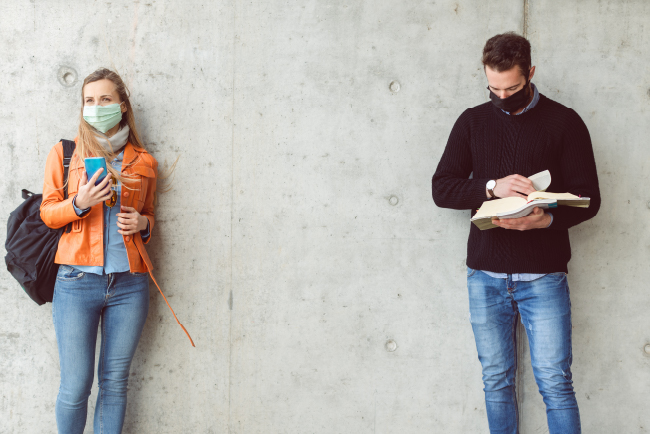COVID-19 is a virus that is highly contagious and can cause severe disease. It is primarily aerosol-spread but can also spread from droplets on surfaces.
Hard borders and travel restrictions have shielded WA from widespread COVID community transmission up until now.
As part of the WA Government’s Safe Transition Plan, it is planned that WA’s border and travel restrictions will be reduced on 5 February 2022. Western Australians must adapt to live with COVID circulating within the community.
It is critical that all Western Australians continue to follow public health advice, practice good hygiene and prepare for COVID.
This guide is designed to prepare your household and reduce the impact of COVID for you and WA.
To best prepare, you should:
- Get fully vaccinated (two doses), and get a booster as soon as you are eligible. To determine your eligibility, click here.
- Practise good hygiene.
- Prepare for the possibility of quarantine and isolation.
- Identify your local health facilities and nearest COVID testing sites.
- Get tested if you have any symptoms or are identified as a close contact.
- Familiarise yourself with mask wearing and physical distancing requirements.



 Wash your hands often with soap and water. This includes before and after eating, and after going to the toilet.
Wash your hands often with soap and water. This includes before and after eating, and after going to the toilet.



